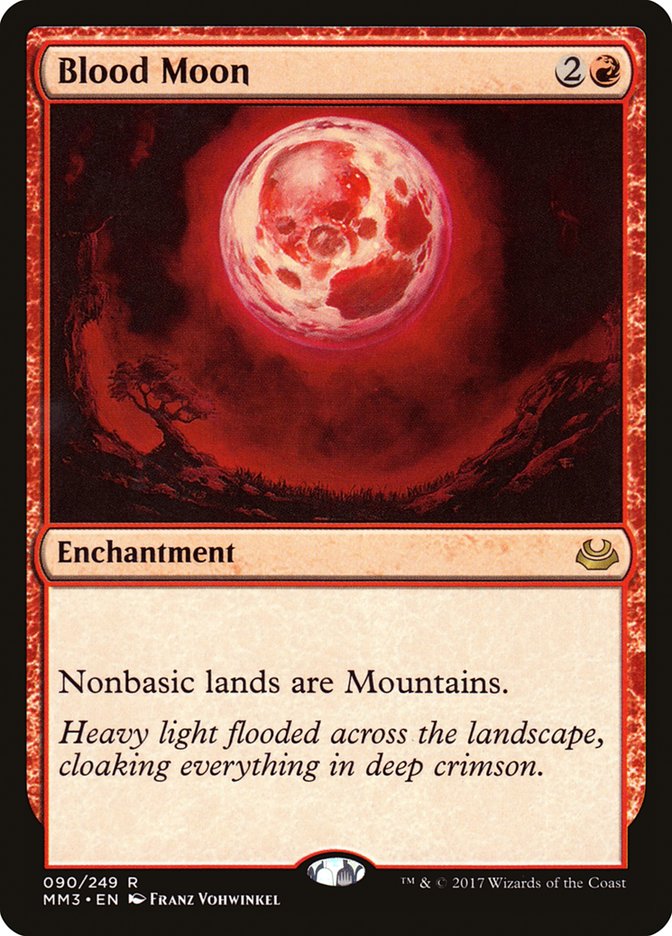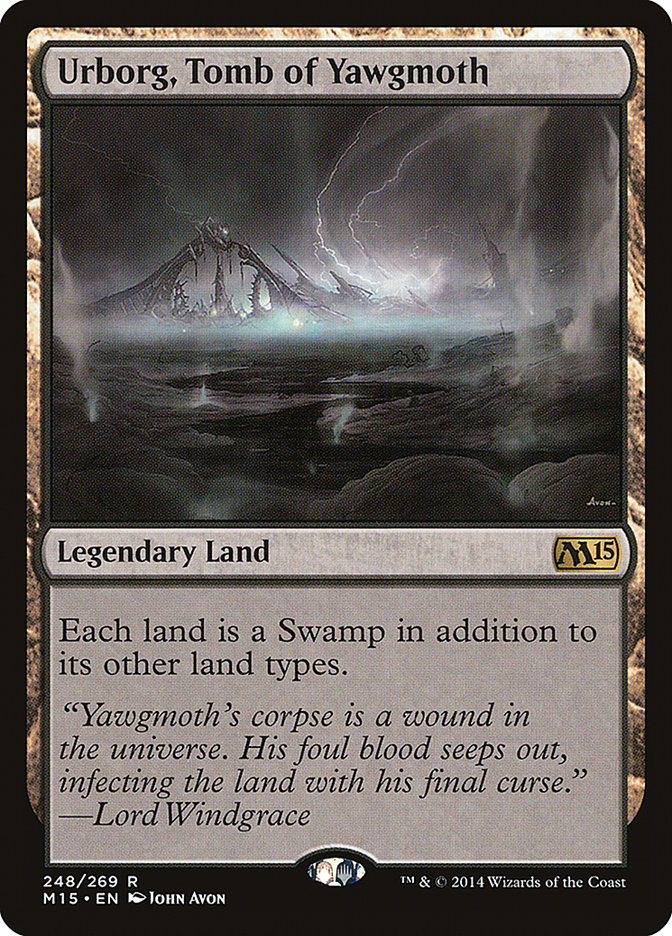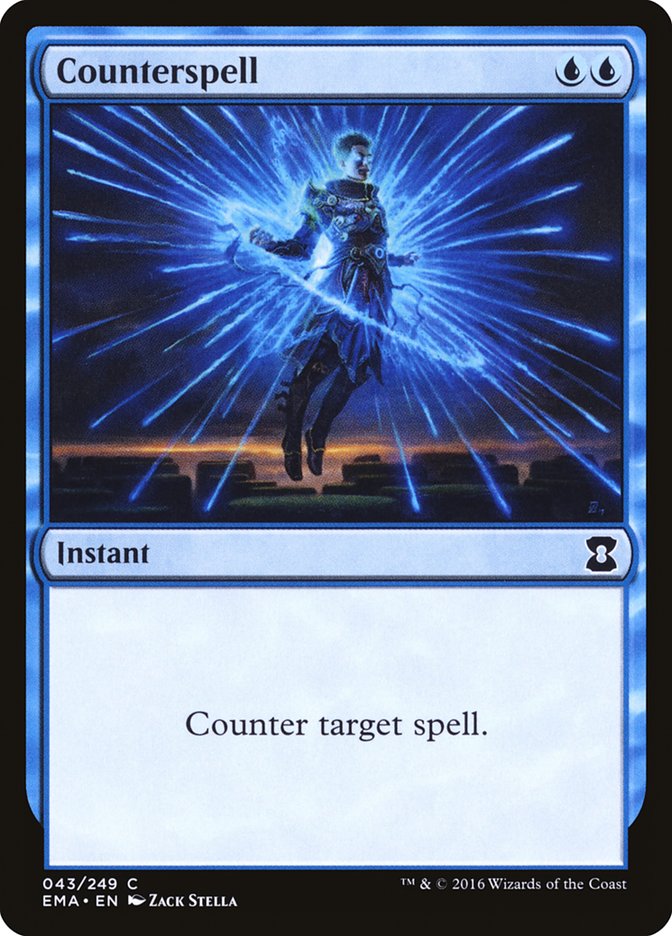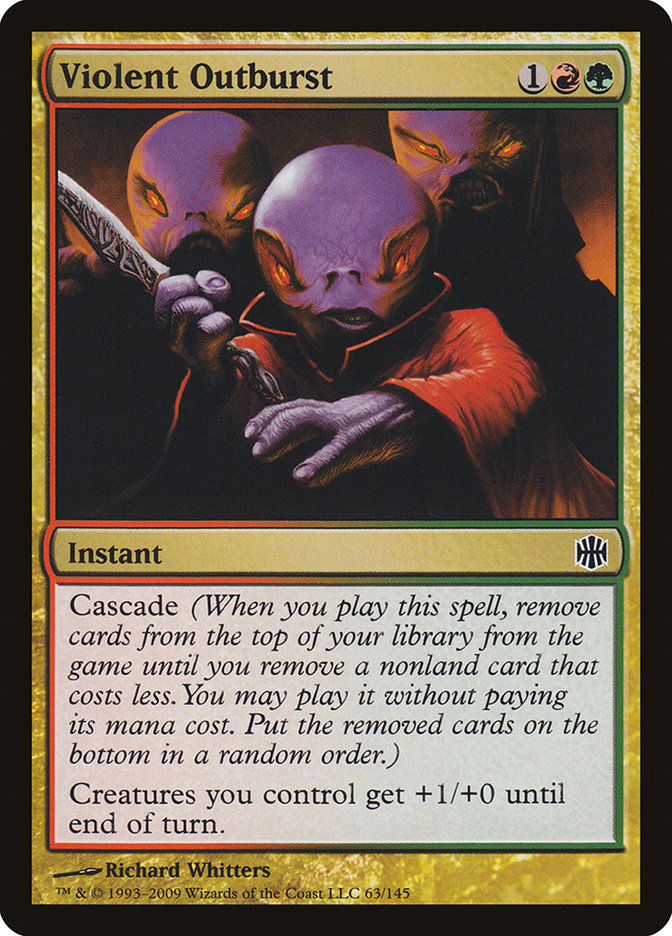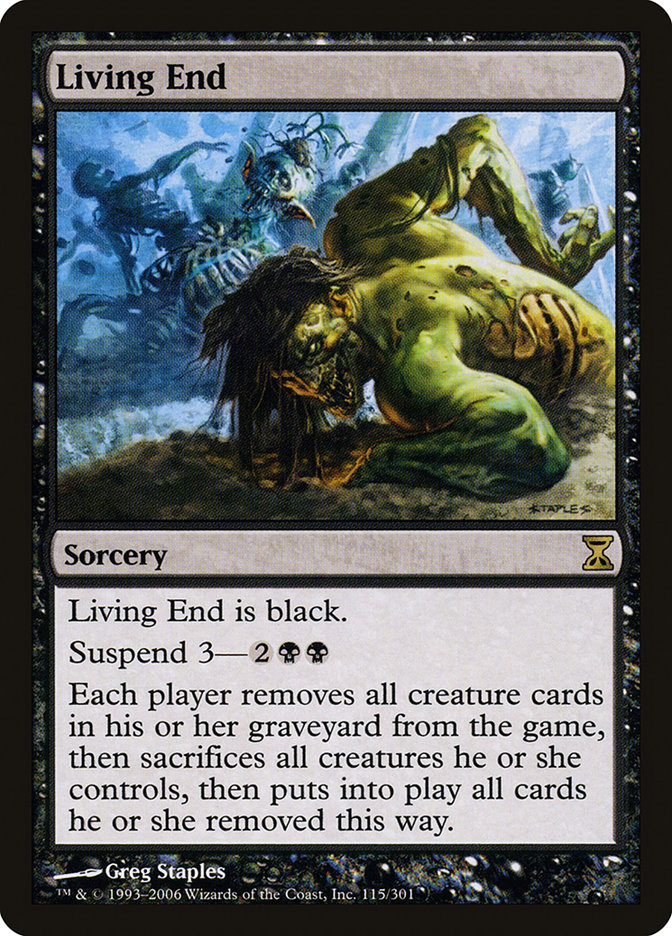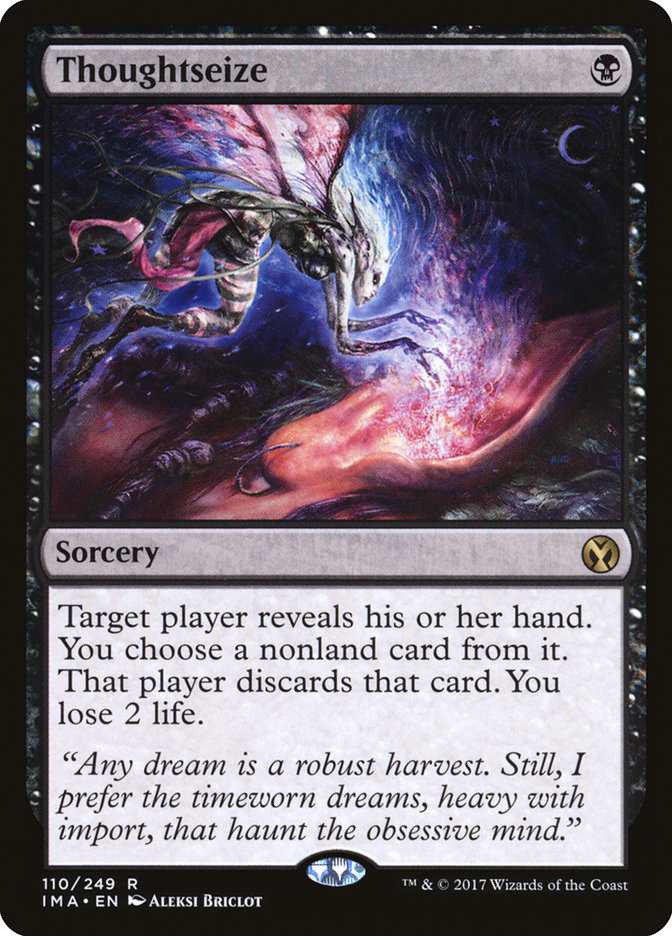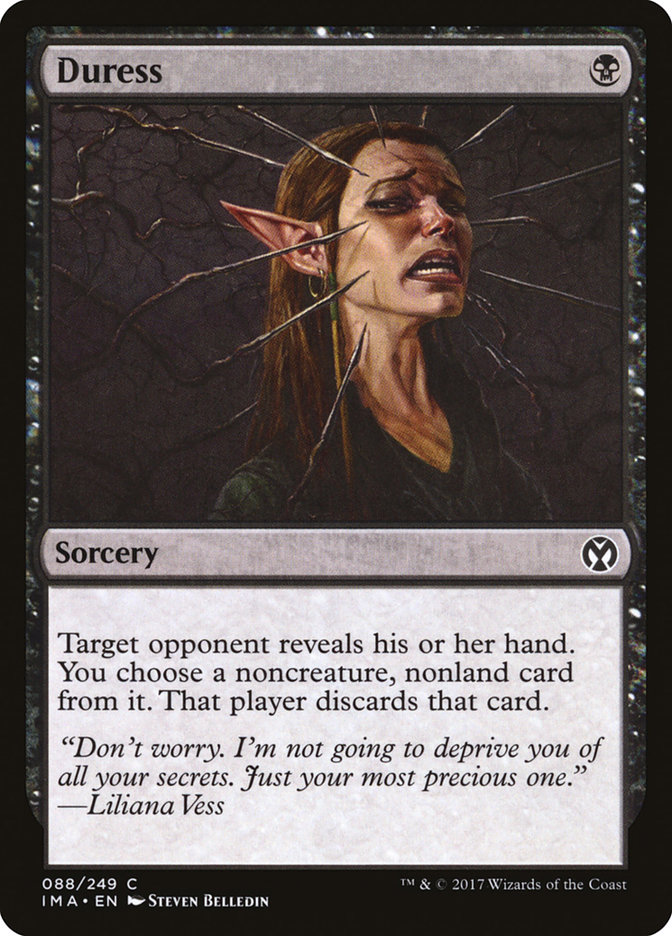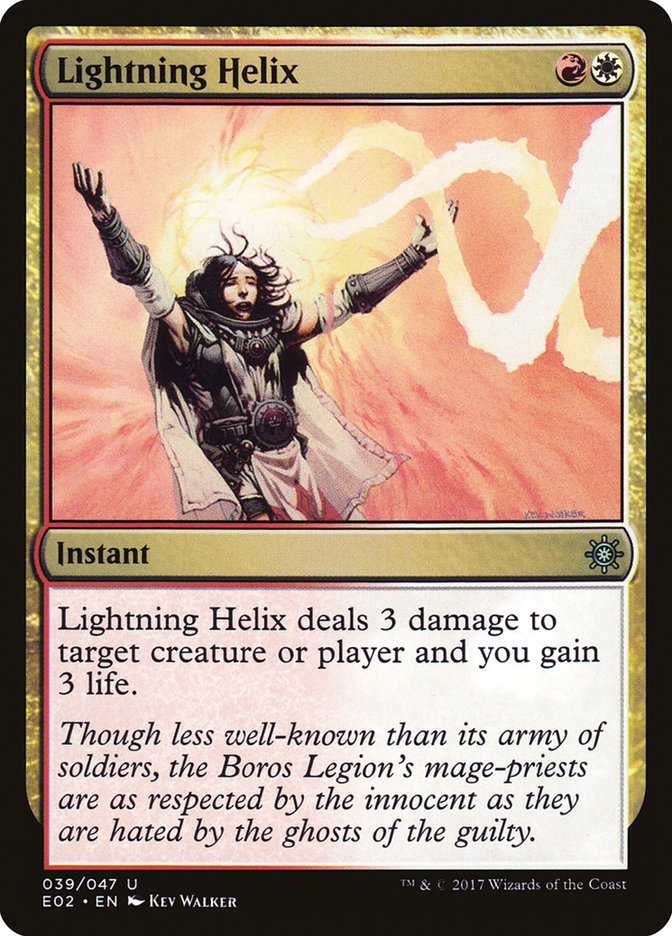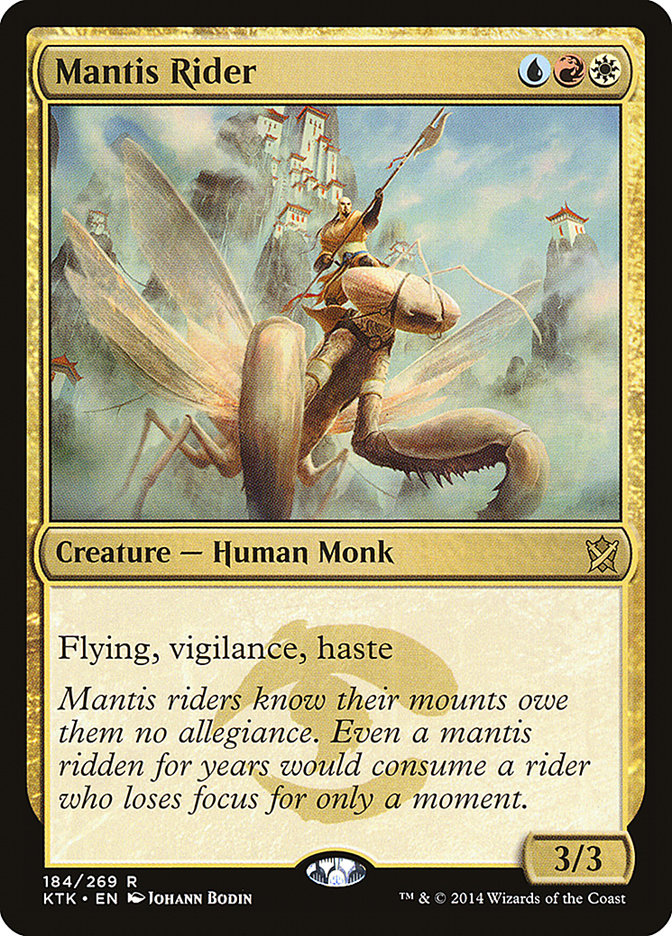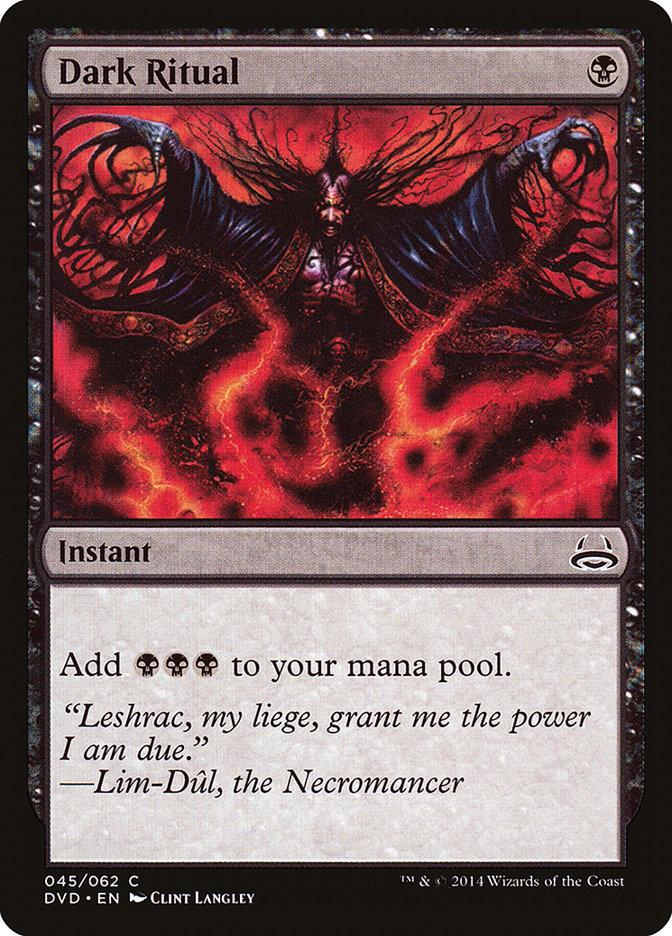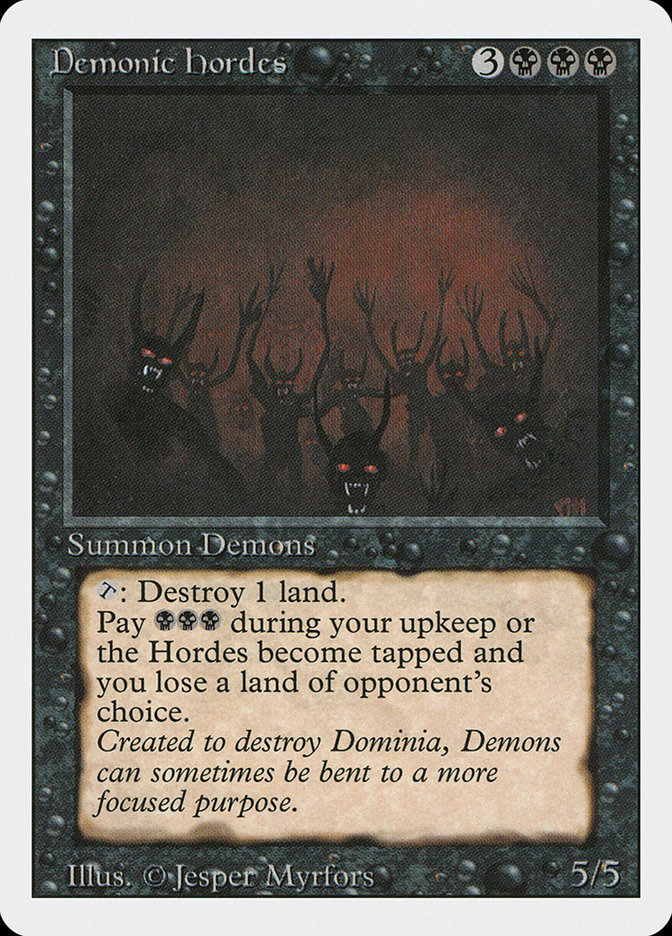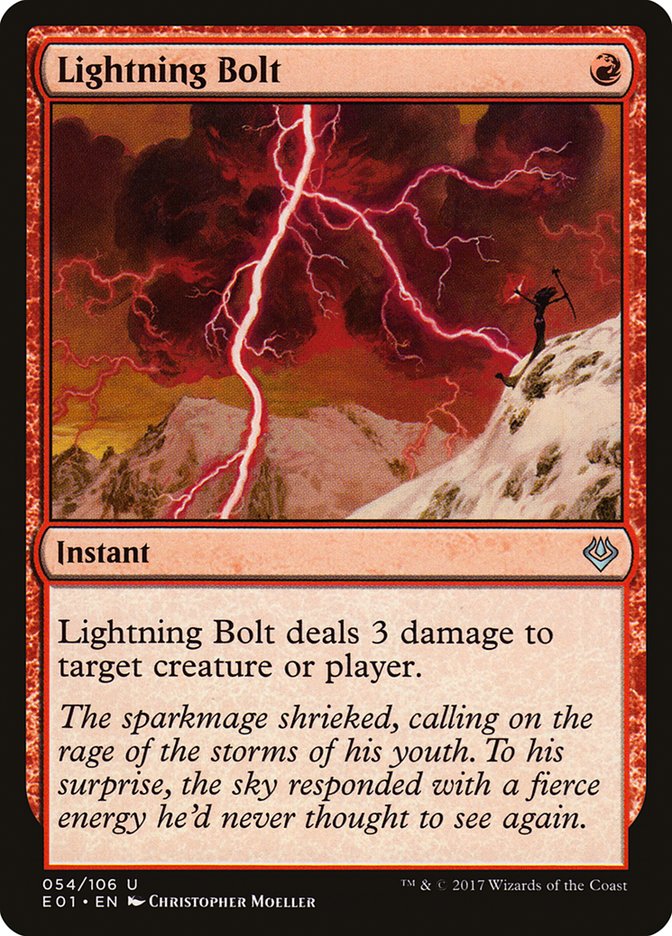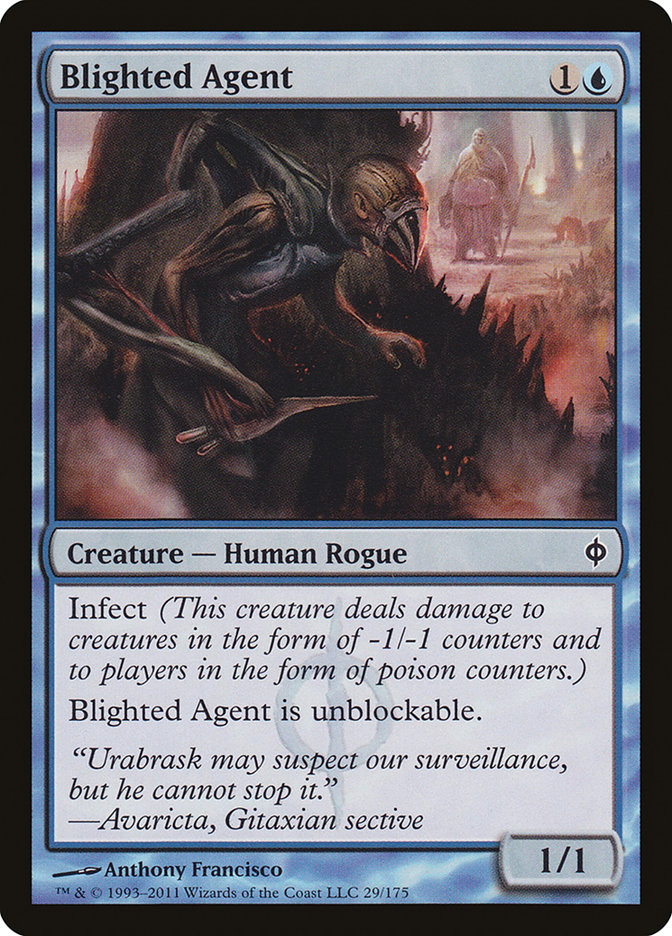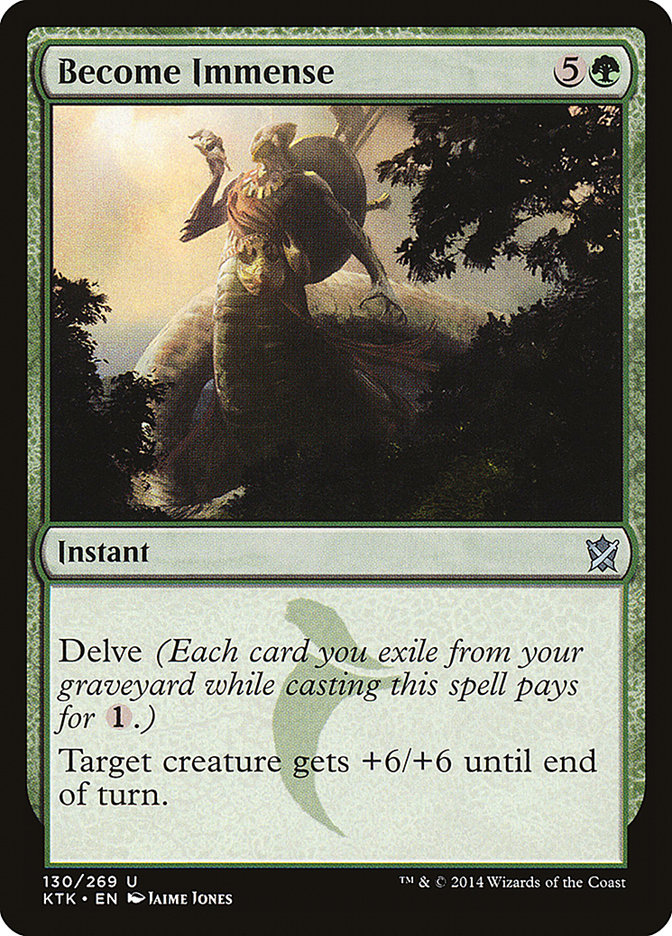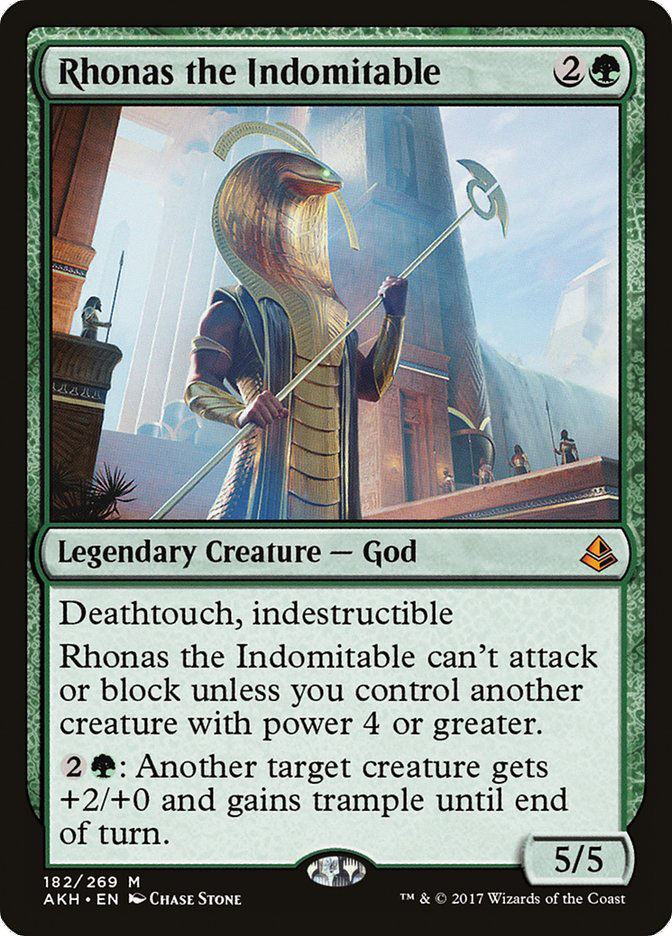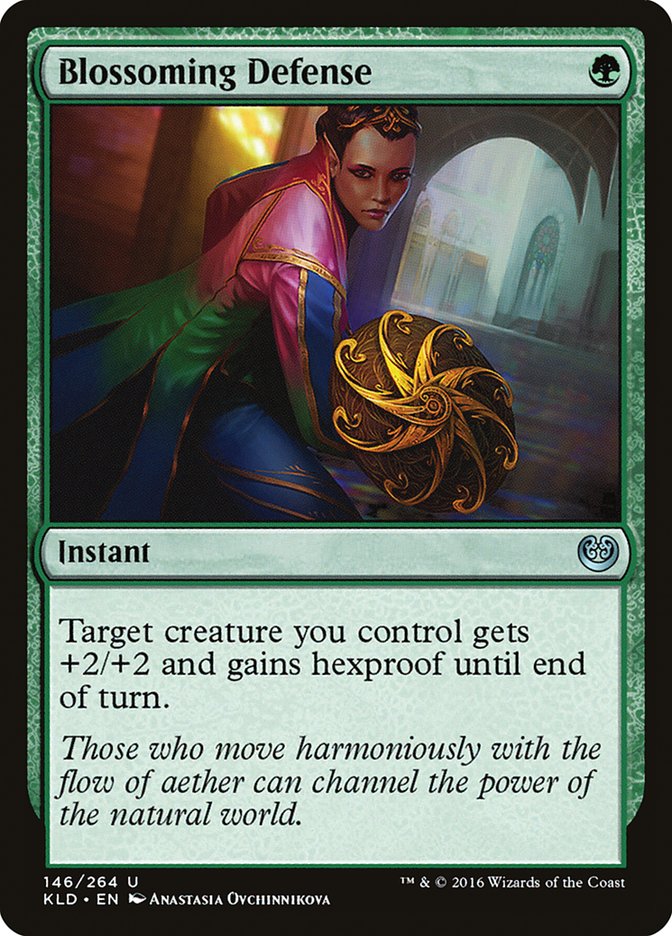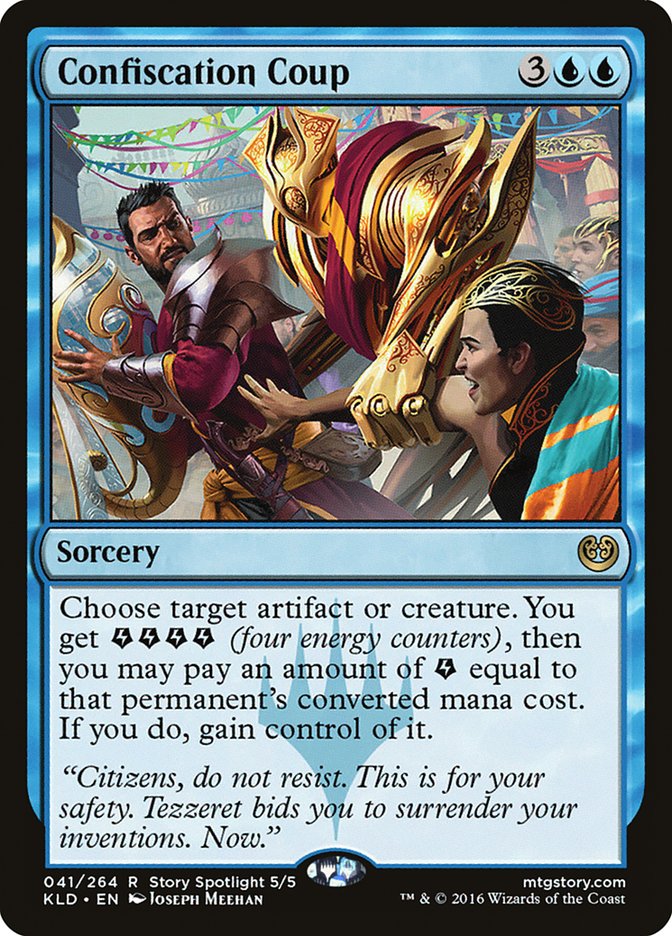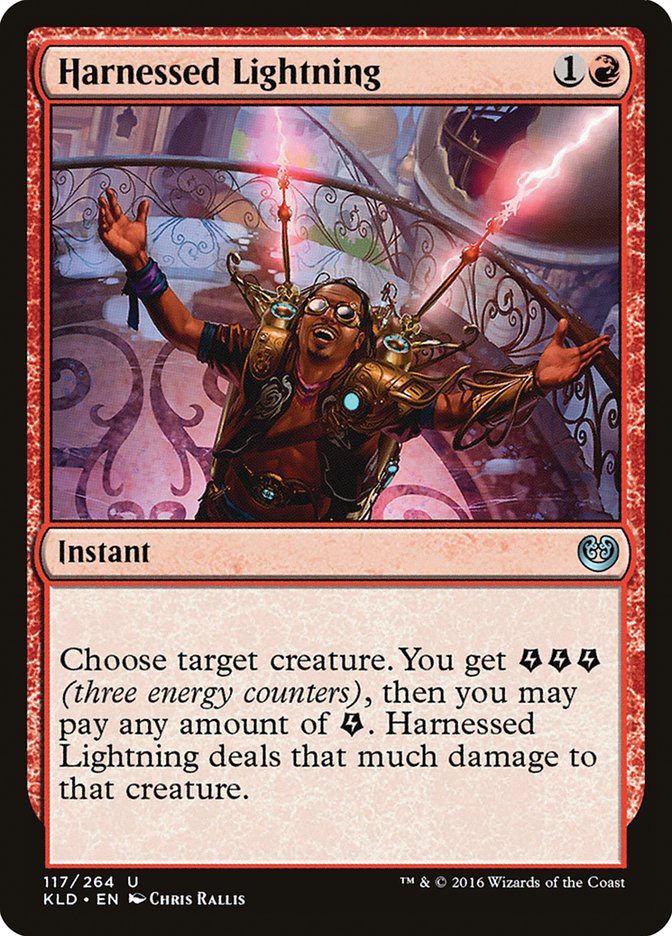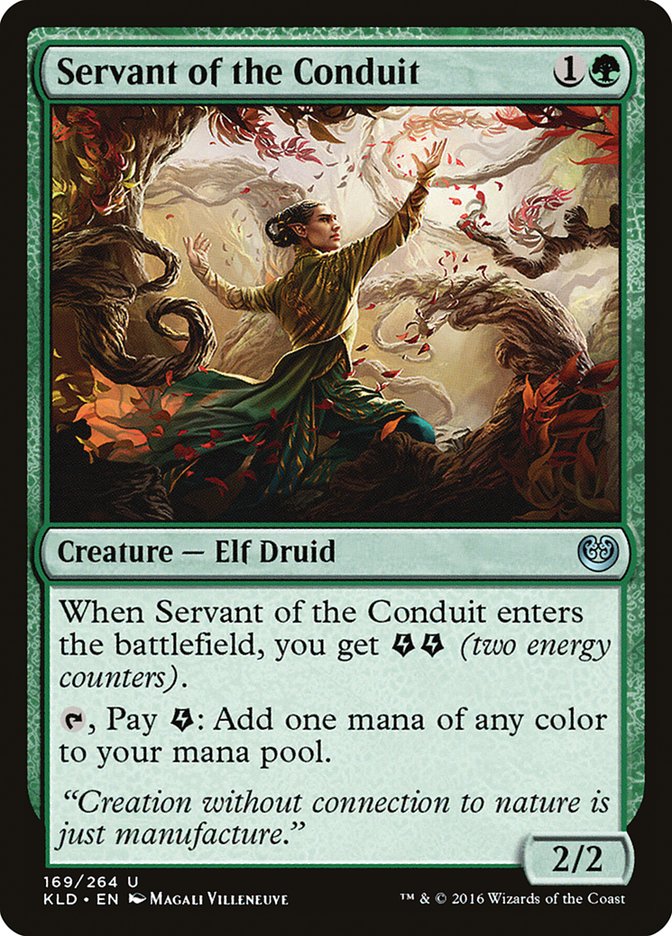Mistakes in Magic are inevitable and are bound to happen to all of us many times in a tournament. I think it goes without saying that all of us want to learn from these mistakes so that we won’t make them again in the future. That is fundamental to improving your game as a Magic player.
Many players try to remember each mistake that they make so that they won’t make that mistake again in the future. In theory, this can work and will help you improve your game. I do not, however, believe that this is the best way of going about learning from your mistakes. It is impossible to remember every single mistake that you have made playing Magic, and even more impossible to even make every mistake in Magic. If this is your only approach to getting better at Magic, it is going to be a long and hard journey.
The good news is that I’ve got your back and want to help you get the most out of every mistake that you make. First, let’s take a look at why mistakes happen. I think there are three main ways that people make mistakes.
You Didn’t Know How Something Worked, and Made a Misinformed Decision
This is the type of mistake that is the easiest to learn from, because as soon as the consequences of your mistake become relevant, you will realize that things didn’t work the way you thought they would. A good example of would be if you tried to Counterspell a Violent Outburst.
Your Living End opponent will happily inform you that their Violent Outburst is countered, and then they will proceed to cascade into Living End and put 30 power onto the battlefield. You’re only really going to make this mistake once, because now you know how that interaction works.
There is something that you can do that will help you make fewer of these kinds of mistakes. If you are ever unsure about an interaction, call a judge over and ask them if the interaction works the way you think it does. You should always be comfortable asking judges questions like this; that’s part of what they are there for. If you don’t want your opponent to overhear this conversation, you can even ask the judge to talk to you away from the table.
If you make a habit of calling a judge if you are ever not sure about how something works, you greatly reduce the mistakes you make. I even go so far as to call a judge even when I’m pretty sure I know how something works, just to make sure. You will still end up making a few of these mistakes, but at least you’ll be limiting yourself to only making these mistakes when you think you know how something works, but are in fact incorrect.
You Overlooked Information You Should Have Had and Made a Misinformed Decision
This is another common mistake that people make, but it’s a little harder to learn from. This is what happens when you don’t pay attention to all of the information that you have access to. Either you forgot about a card in your opponent’s hand that you knew about from earlier and didn’t play accordingly, or you simply overlooked something on the battlefield that you should have seen. For example, last weekend in the Modern Open, my opponent Lightning Helixed my Mantis Rider when I had a Mayor of Avabruck on the battlefield.
These mistakes can only really be helped by staying focused and paying attention to all of the information that you have access to. Whenever you’re about to make a decision, do a quick check to see if you are missing anything important that might change the way you expect things to turn out.
I have also found that anything you can do to keep yourself focused during the day will help you make fewer of these mistakes. Eat enough food and stay hydrated; thirst and hunger are key distractions.
You Didn’t Think Through the Consequences of the Action You Took
This, in my opinion, is the most common type of mistake that people make. It’s also the one I want to talk about the most, because I think I’ve identified a better way to learn from these mistakes.
Part of what makes these mistakes so difficult to learn from is that often people don’t even identify their actions as a mistake. This is usually because the consequence of their action doesn’t happen for a turn or two, or it isn’t clear what action that consequence is associated with.
A simple example of this type of mistake would be if you decided to Lightning Bolt a Blighted Agent while it is attacking you.
By doing this, you are opening yourself up to the worst-case scenario of your opponent getting to use their pump spell to both save their creature and get in more infect damage, potentially killing you. You are much better off taking the smaller hit off the Blighted Agent and then using your removal spell in your opponent’s end step.
But what was the actual mistake in this scenario? Was it Bolting their creature, or not recognizing the consequences of doing so? In my mind, the actual mistake made in this scenario was more that you didn’t think through the consequences of your action than it was the actual action that you took.
Don’t focus on the mistake itself; instead focus on thinking about the consequences of said mistake. The mistakes you make are more a symptom of not thinking about the right things in the context of your game. If you only focus on the mistake itself and try to remember that mistake going forward, you will fill your brain with a bunch of mistakes, but you still won’t be equipped to prevent these mistakes in the future. By focusing on the consequences that arise out of your mistake, you will have a tool that you can use in a broader range of scenarios.
Here is a scenario that came up for me recently where I made a mistake that I could have avoided had I been thinking through the consequences of my action. In this scenario, I’m playing U/G Pummeler against Temur Energy in Game 1, on the draw.
Creatures (21)
- 4 Longtusk Cub
- 4 Bristling Hydra
- 4 Electrostatic Pummeler
- 4 Servant of the Conduit
- 4 Rogue Refiner
- 1 Rhonas the Indomitable
Lands (20)
Spells (19)
- 4 Larger Than Life
- 4 Blossoming Defense
- 4 Attune with Aether
- 4 Cartouche of Knowledge
- 2 Dive Down
- 1 One With the Wind
Sideboard

Creatures (22)
- 4 Longtusk Cub
- 2 Bristling Hydra
- 4 Whirler Virtuoso
- 3 Servant of the Conduit
- 4 Rogue Refiner
- 3 Glorybringer
- 2 Vizier of Many Faces
Planeswalkers (2)
Lands (22)
Spells (14)

I had just curved Attune with Aether into Servant of the Conduit into a Bristling Hydra and was feeling pretty good about things. My hand consisted of Blossoming Defense, another Attune with Aether, and a Rhonas the Indomitable. My opponent had just cast a Servant of the Conduit on their Turn 4 and passed with two mana available.
I knew that the combination of Rhonas the Indomitable and Bristling Hydra is almost impossible for a Temur player to beat if I have enough energy, so I identified that the only way for me to lose this game was if my opponent was able to Confiscation Coup my Rhonas. The good news was that I had a Blossoming Defense in my hand to stop that from happening, so I told myself to save this Blossoming Defense specifically for a Confiscation Coup.
On my fourth turn, I cast Attune with Aether to find my fourth land, played it, and cast Rhonas the Indomitable with my three untapped lands. I still had the Servant of the Conduit there to hold up Blossoming Defense, so I passed the turn. On my end step, my opponent cast Harnessed Lightning on my Servant of the Conduit. I immediately realized my mistake. My Servant of the Conduit represented the only mana source I had open, so I would be tapped out going into my opponent’s turn.
Sure enough, my opponent untapped and Confiscation Couped my Rhonas, effectively ending the game on the spot. So what should I have done differently? The easy answer is that I should have tapped my Servant of the Conduit to cast Rhonas and left up a green land when passing to my opponent. An easy thing to tell myself would be that, next time, I’ll tap my Servant of the Conduit and leave up that green land. The problem with this is that I’m focusing more on the mistake itself than what I could have been thinking about in the moment to prevent this mistake.
I had already identified that Confiscation Coup was the only way I could lose this game, so I needed to make sure that there was no scenario where my opponent could set up a clean Coup. I didn’t think about what would happen if my opponent killed my Servant of the Conduit in my end step.
Here is another scenario where I made a crucial mistake. This scenario is more in line with the second type of mistake that we talked about. I made a misinformed decision because I didn’t pay attention to all of the information I had access to.
I was playing Humans against TitanShift, and we had just gone to Game 3.
Creatures (37)
- 4 Meddling Mage
- 1 Dark Confidant
- 4 Noble Hierarch
- 4 Champion of the Parish
- 3 Mayor of Avabruck
- 4 Thalia, Guardian of Thraben
- 4 Mantis Rider
- 4 Reflector Mage
- 4 Thalia's Lieutenant
- 1 Thalia, Heretic Cathar
- 4 Kitesail Freebooter
Lands (19)
Spells (4)

Creatures (8)
Planeswalkers (2)
Lands (27)
Spells (23)

I started off by putting my opponent under some pressure, but they were able to make it to their seventh land drop in time to cast Scapeshift to clear my battlefield with Valakut, the Molten Pinnacle triggers. The game progressed from there, with each threat that I presented being answered by another Mountain and another Valakut trigger. Eventually they got another Valakut onto the battlefield, so each Mountain they played from there represented two removal spells.
The good news was that my opponent was at a very low life total of two, so if I could run them out of Mountains, I could close out the game with any threat I had left. The problem was that, because my opponent had two Valakuts on the battlefield, I could really only afford to present one threat at a time in order to prevent a Mountain from killing two of my creatures. So I cast a Thalia, Guardian of Thraben and passed the turn, holding onto a second threat. My opponent then cast a Primeval Titan, and searched their library for… two fetchlands. They were out of Mountains!
I know that TitanShift only has access to thirteen Mountains in their deck, so I could have easily counted how many Mountains were on the battlefield and in my opponent’s graveyard. Had I done this, I would have definitely been able to figure out that I should have deployed both of my threats to be able to attack my opponent for lethal through a topdecked blocker.
The mistake wasn’t really that I decided to only deploy one threat; the mistake was not paying attention to all of the information that I had access to.
***
I hope this article has given you some useful tools that will help you think about the games of Magic that you play in a more critical, informative manner. Until next time, keep learning.


